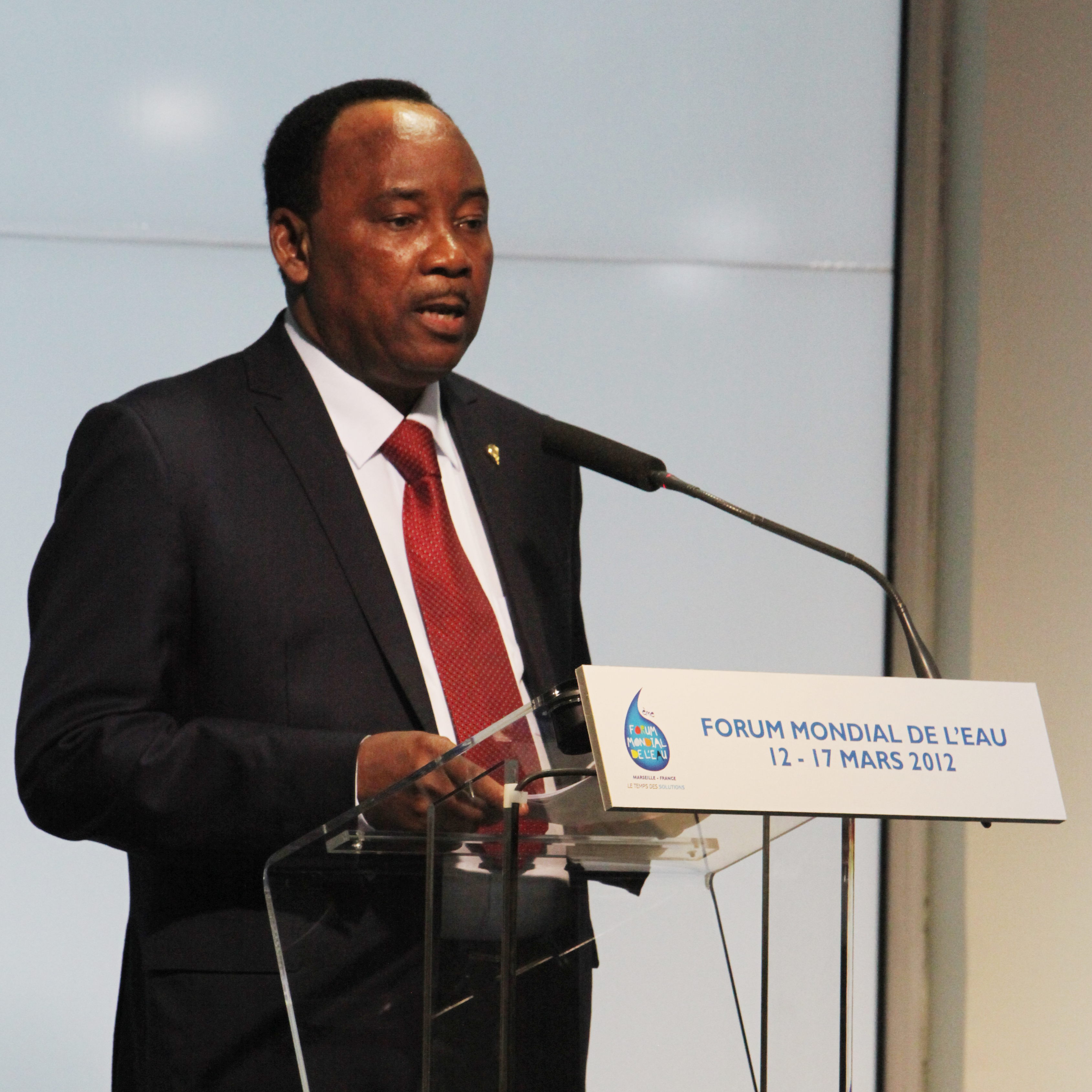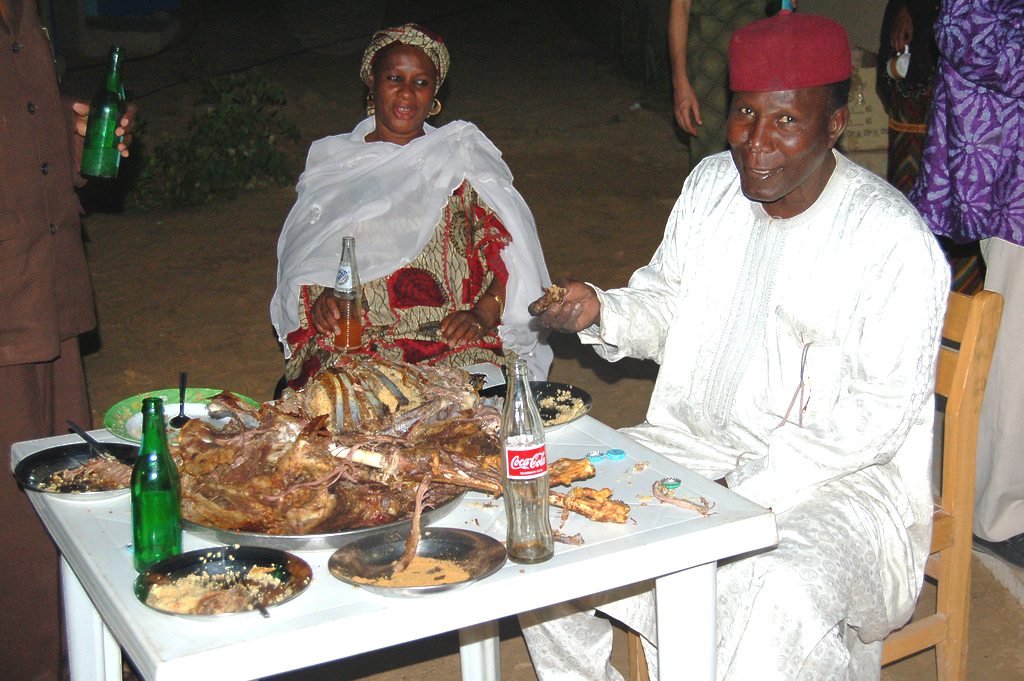|
Concord Day
National Day of Concorde () is a national holiday in Niger, celebrated every 24 April since 1995. History Concord Day marks the anniversary of the signing of the 24 April 1995 Peace Accord between the Government of Niger and the Organisation of Armed Resistance (''Organization de Resistance Armee'', ORA) at the Congressional Palace in Niamey (''Palais des Congrès de à Niamey''). While this accord was signed only by some armed groups and sporadic fighting continued until 1999, it marked the beginning of the end of the 1990 rebellion in the north and east of the country carried out by elements of Tuareg, Toubou, and other communities. The final peace agreement was celebrated with a "Flame of Peace" in which weapons were burned in Agadez on 25 September 2000, a date that is also commemorated each year in some communities. [...More Info...] [...Related Items...] OR: [Wikipedia] [Google] [Baidu] [Amazon] |
Government Of Niger
The government of Niger is the apparatus through which authority functions and is exercised: the governing apparatus of Nigerien state. The current system of governance, since the Constitution of 25 November 2010, is termed the Constitution of Niger, Seventh Republic of Niger. It is a semi-presidential system, semi-presidential republic, whereby the President of Niger is head of state and the Prime Minister of Niger head of government. The officials holding these posts are chosen through a representative democracy, representative democratic process of national and local elections, in the context of a competing multi-party system. Executive power is exercised by the government. Legislative power is vested in both the government and the National Assembly of Niger, National Assembly. The Judiciary of Niger, judiciary is independent of the executive and the legislature: its Constitutional Court has jurisdiction over constitutional and electoral matters. National government, has, sin ... [...More Info...] [...Related Items...] OR: [Wikipedia] [Google] [Baidu] [Amazon] |
Niamey
Niamey () is the capital and largest city of Niger. As the Niamey Urban Community (, CUN), it is a Regions of Niger, first-level division of Niger, surrounded by the Tillabéri Region, in the western part of the country. Niamey lies on the Niger River, primarily situated on the river's east bank. The capital of Niger since the Colony of Niger, colonial era, Niamey is an ethnically diverse city and the country's main economic centre. Before the French developed it as a colonial centre, Niamey was the site of villages inhabited by Fula people, Fula, Zarma people, Zarma, Maouri people, Maouri, and Songhai people, Songhai people. French expeditions first visited Niamey in the 1890s before Captain established a military post in 1901. Niamey replaced Zinder as the territorial capital from 1903 to 1911 and again in 1926, after which large-scale development occurred. The first city plan in 1930 relocated neighbourhoods and enacted Racial segregation, segregation of European and indigen ... [...More Info...] [...Related Items...] OR: [Wikipedia] [Google] [Baidu] [Amazon] |
Tuareg Rebellion (1990–1995)
From 1990 to 1995, a rebellion by various Tuareg groups took place in Niger and Mali, with the aim of achieving autonomy or forming their own nation-state. The insurgency occurred in a period following the regional famine of the 1980s and subsequent refugee crisis, and a time of generalised political repression and crisis in both nations. The conflict is one in a series of Tuareg-based insurgencies in the colonial and post-colonial history of these nations. In Niger, it is also referred to as the Second or Third Tuareg Rebellion, a reference to the pre-independence rebellions of Ag Mohammed Wau Teguidda Kaocen of the Aïr Mountains in 1914 (Kaocen Revolt) and the rising of Firhoun of Ikazkazan in 1911, who reappeared in Mali in 1916. In fact, the nomadic Tuareg confederations have come into sporadic conflict with the sedentary communities of the region ever since they migrated from the Maghreb into the Sahel region between the 7th and 14th centuries CE. Some (but not all) Tu ... [...More Info...] [...Related Items...] OR: [Wikipedia] [Google] [Baidu] [Amazon] |
Agadez
Agadez ( Air Tamajeq: ⴰⴶⴰⴷⴰⵣ, ''Agadaz''), formerly spelled Agadès, is the fifth largest city in Niger, with a population of 110,497 based on the 2012 census. The capital of the eponymous Agadez Region, the city lies in the Sahara desert, and is also the capital of Aïr, one of the traditional Tuareg–Berber federations. The historic centre of the town has been designated a World Heritage Site by UNESCO. History Agadez was founded before the 14th century, and, by growing around trans-Saharan trade, gradually became the most important city of the Tuareg people, supplanting Assodé. The city still sees the arrival of caravans bringing salt from Bilma. In 1449 Agadez became a sultanate, but was later conquered by the Songhai Empire in 1515, remaining a part of that empire until 1591.Geels, Jolijn, (2006) ''Bradt Travel Guide - Niger'', pgs. 157-200 At this point, the city had a population of around 30,000 people. By then, the city was a key passage for the med ... [...More Info...] [...Related Items...] OR: [Wikipedia] [Google] [Baidu] [Amazon] |
Tuareg Rebellion (2007–2009)
The 2007-2009 Tuareg rebellion was an insurgency that began in February 2007 amongst elements of the Tuareg people living in the Sahara desert regions of northern Mali and Niger. It is one of a series of insurgencies by formerly nomadic Tuareg populations, which had last appeared in the mid-1990s, and date back at least to 1916. Populations dispersed to Algeria and Libya, as well as to the south of Niger and Mali in the 1990s returned only in the late 1990s. Former fighters were to be integrated into national militaries, but the process has been slow and caused increased resentment. Malian Tuaregs had conducted some raids in 2005–2006, which ended in a renewed peace agreement. Fighting in both nations was carried on largely in parallel, but not in concert. While fighting was mostly confined to guerrilla attacks and army counterattacks, large portions of the desert north of each nation were no-go zones for the military and civilians fled to regional capitals like Kidal, Mali and ... [...More Info...] [...Related Items...] OR: [Wikipedia] [Google] [Baidu] [Amazon] |
Mahamadou Issoufou
Mahamadou Issoufou (born 1 January 1952) is a Nigerien politician who served as the president of Niger from 7 April 2011 to 2 April 2021. Issoufou was the prime minister of Niger from 1993 to 1994, president of the National Assembly from 1995 to 1996, and a candidate in each presidential election from 1993 to 2016. He led the Nigerien Party for Democracy and Socialism (PNDS-Tarayya), a social democratic party, from its foundation in 1990 until his election as president in 2011. During the presidency of Mamadou Tandja (1999–2010), Issoufou was the main opposition leader. Having left power by respecting the constitution that limited him to two presidential terms, thus leading to the first ever democratic transition of power in the country, in March 2021 he received the Ibrahim Prize for good governance, democratic election and respect of term limits. Background Issoufou, an ethnic Hausa, was born on 1 January 1952, in the town of Dandaji in Tahoua Department. An engineer ... [...More Info...] [...Related Items...] OR: [Wikipedia] [Google] [Baidu] [Amazon] |
Public Holidays In Niger
The government and people of Niger observe twelve official public holidays. These include international commemorations, the commemoration of important dates in the history of Niger, and religious holidays. Both Christianity, Christian and Muslim holidays are observed as official public holidays. Muslim holidays are dependent on the Islamic calendar, and—like Christian Easter—move from year to year. Some Muslim holidays are also dependent upon astronomical sightings (e.g.: the observance of moonrise for Ramadan). National commemorations and secular international holidays are fixed on the Gregorian calendar, the standard civil calendar used in Niger as most of the world. Nigeriens celebrate a number of other holidays, festivals, and commemorations which are not public holidays. Some are yearly civic commemorations, some religious, ethnic, or regional festivals which may be widely celebrated only by specific groups or in specific areas. Other yearly events, such as cultural ... [...More Info...] [...Related Items...] OR: [Wikipedia] [Google] [Baidu] [Amazon] |
Unity Days
Unity is the state of being as one (either literally or figuratively). It may also refer to: Buildings * Unity Building, Oregon, Illinois, US; a historic building * Unity Building (Chicago), Illinois, US; a skyscraper * Unity Buildings, Liverpool, UK; two buildings in England * Unity Chapel, Wyoming, Wisconsin, US; a historic building * Unity Church (Mattoon, Illinois), US; a historic church * Unity Temple, Oak Park, Illinois, US; a Unitarian Universalist church Education * Unity Academy (other) * Unity College (other) * Unity School District (Wisconsin), an American school district * Unity University, an Ethiopian privately owned institute of higher learning Media and entertainment * ''Assassin's Creed Unity'', a 2014 action-adventure video game * Classical unities, three rules for drama described by Aristotle * "Unity", a 2006 episode of '' I Pity the Fool'' * "Unity" (comics), a crossover story line in the Valiant universe * ''Unity'' (film), a 2015 docume ... [...More Info...] [...Related Items...] OR: [Wikipedia] [Google] [Baidu] [Amazon] |






